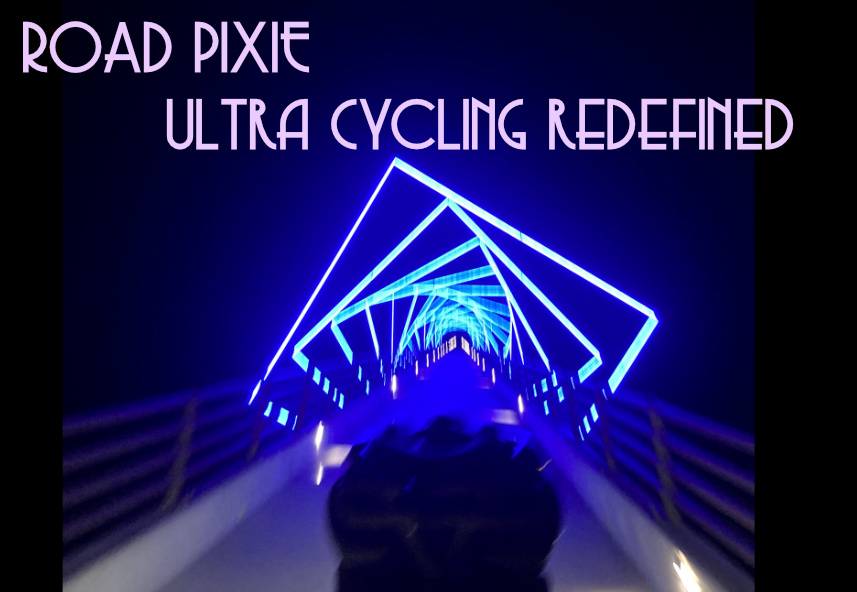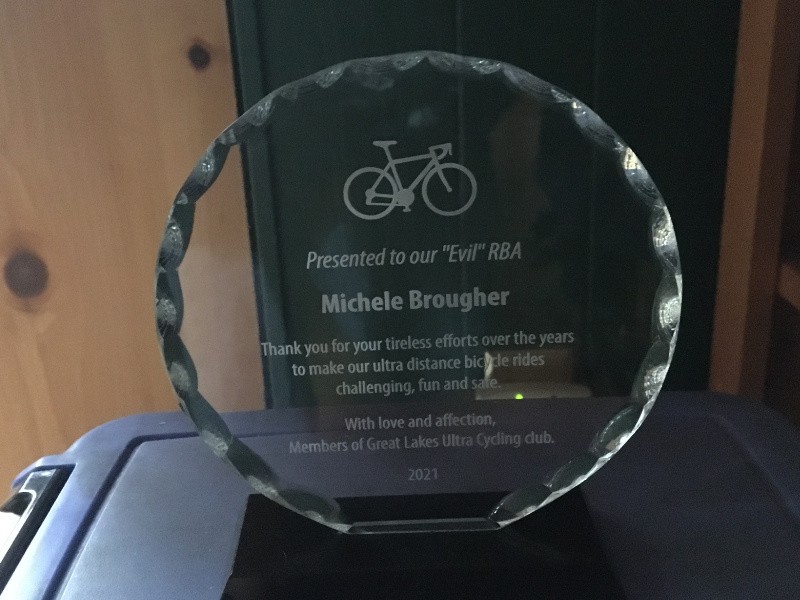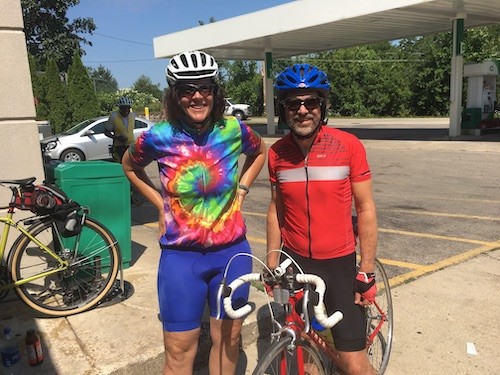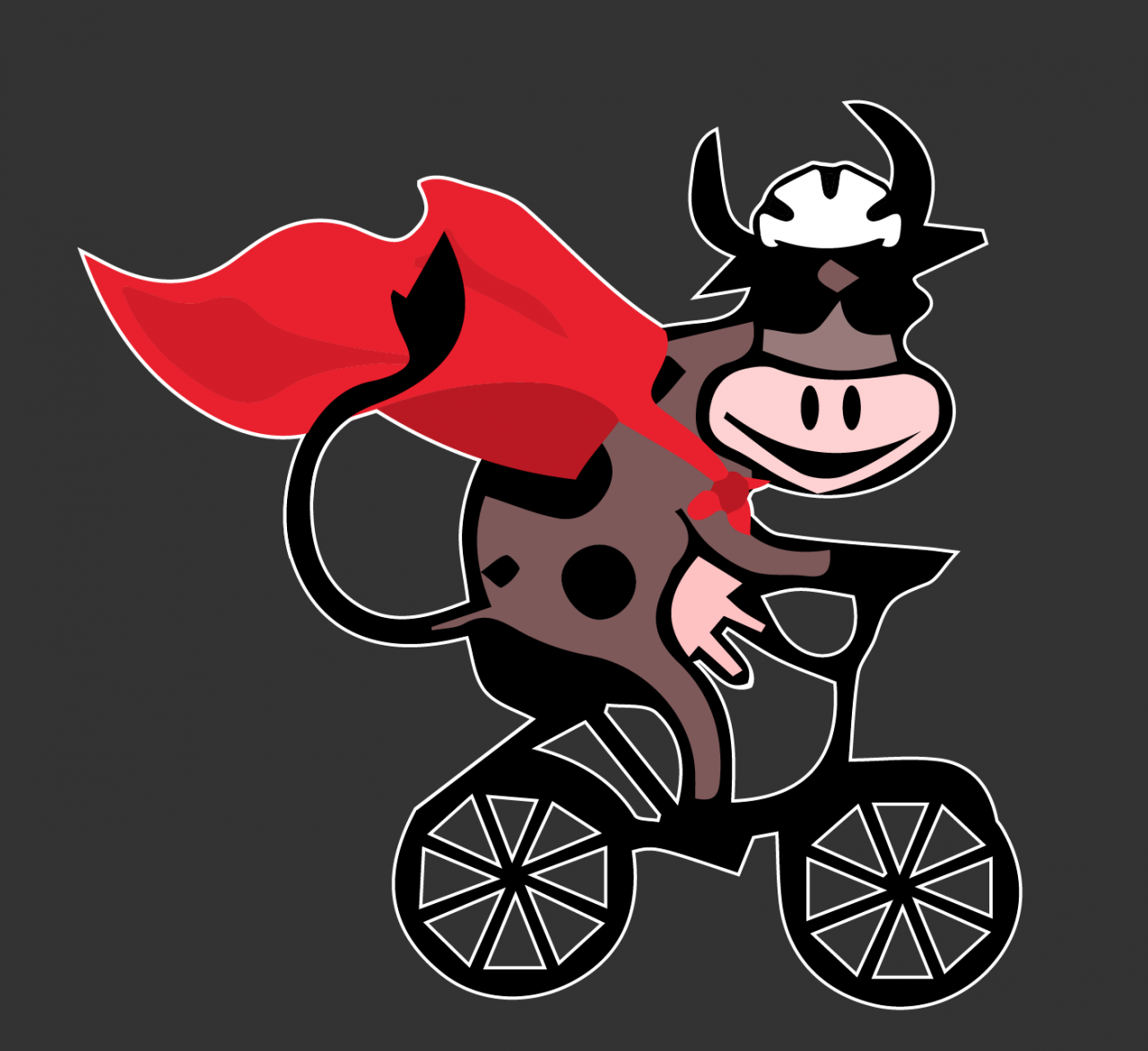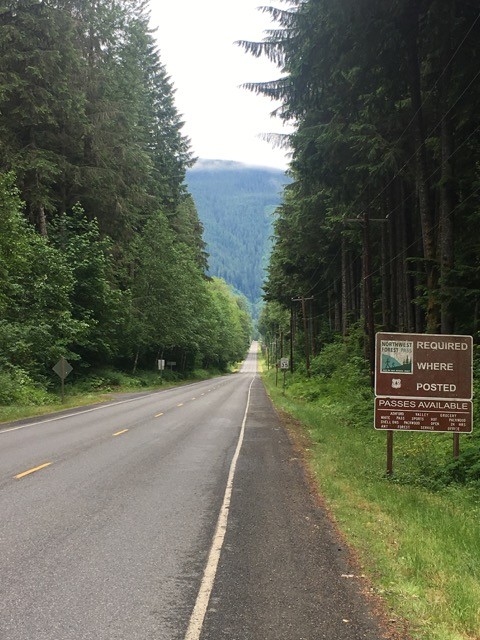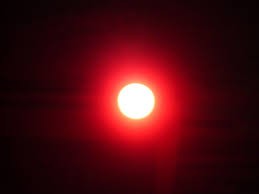This weeekend is the Apple Valley 600k. I have never ridden this ride, but the weather is looking very nice and several people I know will be there. It is now September and temperatures have dropped off recently. Unlike the Rochester 600k (in which I rode through the night with naught but a tiny nap), this one I ponder riding through. The low temperature will be in the 50s with at least a possibility of the high 40s. This doesn't make a ditch nap very appealing.
I've heard a couple of conversations from first time riders regarding whether or not to ride all night vs stopping for a few hours of shut eye at some overnight. I've now done it both ways and I have to agree with the RUSA handbook's assessement. Consider why you are doing the 600k. If it is another brevet or the culmination of an SR, take the break and increase the pleasure. However, if your goal is a 1200k, at least once ride it through without sleeping.
It is a mistake to think that you will finish any faster if you ride through without sleep. The profound fatigue that sets in when you have been working your heart for over 20 hours or will slow you down considerably. During my sleepless 600k, times were as follows:
In contrast, during the Cascades, I completed the first 600k in a total of 36 hours which included a 4 hour sleep stop and much more climbing on a torn hamstring. Though the first 226 miles were only 18 1/2 hours, the final 150 miles took 19 hours (which includes the 4 hour stop). Frankly, the second day was a really nice ride that I will always remember in a postive way. The second day of the Rochester ride was really pretty hard to enjoy. I was happy at the end, but kind of cranky (heck, I'd been up for a day and a half).
There is also a safety factor involved in being so tired at a late hour, especially around bar close and beyond when many drunk drivers are lurking and you may not be at your most alert. It can also be hard to find open services (like water or food) so it isn't something that is a decision to be made on the spur of the moment. If you really want to try it, know in advance what all your options are for the late night part (this might mean calling conveniance marts in advance or researching motel options in case you can't quite make it).
So for Apple Valley, my plan is to stop for 4 hours. This allows about an hour of time to shower and change and 3 hours of sleep - enough to rest and recover, but not so much that I start stiffening up. I will follow the advice of one of my Seattle friends: never leave an overnight control less than 2 hours before it closes. I suspect that this rule won't be a problem, I know the route for the most part and expect to get to the overnight by around 11:oo pm and leave at 3:00am. I will be striving for maximum enjoyment of the ride and the people on it.
I recently chatted with a friend from the Cascades who DNF'd due to extreme fatigue. He recently completed a 1000k in North Carolina and, unlike the Cascades, he included short naps along with the overnights. For him, this made all the difference between enjoying the late stages of the ride and finishing and DNFing from the fatigue. There is a low point to every brevet and if you are feeling horrible, that low point may become more than it takes to keep you moving. Don't quit without eating something, drinking something, resting or napping a little and having a chat with a stranger (who may think you are nuts, but may remind you how amazing it is to even attempt such a ride).
I've heard a couple of conversations from first time riders regarding whether or not to ride all night vs stopping for a few hours of shut eye at some overnight. I've now done it both ways and I have to agree with the RUSA handbook's assessement. Consider why you are doing the 600k. If it is another brevet or the culmination of an SR, take the break and increase the pleasure. However, if your goal is a 1200k, at least once ride it through without sleeping.
It is a mistake to think that you will finish any faster if you ride through without sleep. The profound fatigue that sets in when you have been working your heart for over 20 hours or will slow you down considerably. During my sleepless 600k, times were as follows:
- First 200k: 8:45 total
- Second 200k: 12 hours total (did include 1 1/2 hour break for shower)
- Third 200k: 14 hours
- Total time: 35 hours
In contrast, during the Cascades, I completed the first 600k in a total of 36 hours which included a 4 hour sleep stop and much more climbing on a torn hamstring. Though the first 226 miles were only 18 1/2 hours, the final 150 miles took 19 hours (which includes the 4 hour stop). Frankly, the second day was a really nice ride that I will always remember in a postive way. The second day of the Rochester ride was really pretty hard to enjoy. I was happy at the end, but kind of cranky (heck, I'd been up for a day and a half).
There is also a safety factor involved in being so tired at a late hour, especially around bar close and beyond when many drunk drivers are lurking and you may not be at your most alert. It can also be hard to find open services (like water or food) so it isn't something that is a decision to be made on the spur of the moment. If you really want to try it, know in advance what all your options are for the late night part (this might mean calling conveniance marts in advance or researching motel options in case you can't quite make it).
So for Apple Valley, my plan is to stop for 4 hours. This allows about an hour of time to shower and change and 3 hours of sleep - enough to rest and recover, but not so much that I start stiffening up. I will follow the advice of one of my Seattle friends: never leave an overnight control less than 2 hours before it closes. I suspect that this rule won't be a problem, I know the route for the most part and expect to get to the overnight by around 11:oo pm and leave at 3:00am. I will be striving for maximum enjoyment of the ride and the people on it.
I recently chatted with a friend from the Cascades who DNF'd due to extreme fatigue. He recently completed a 1000k in North Carolina and, unlike the Cascades, he included short naps along with the overnights. For him, this made all the difference between enjoying the late stages of the ride and finishing and DNFing from the fatigue. There is a low point to every brevet and if you are feeling horrible, that low point may become more than it takes to keep you moving. Don't quit without eating something, drinking something, resting or napping a little and having a chat with a stranger (who may think you are nuts, but may remind you how amazing it is to even attempt such a ride).
2495 Hits
1 Comment
